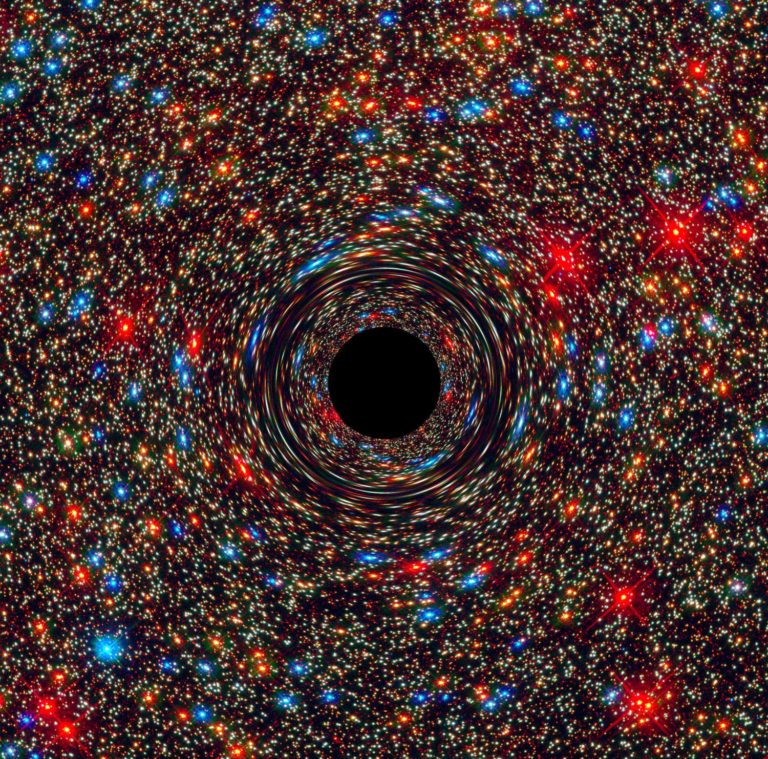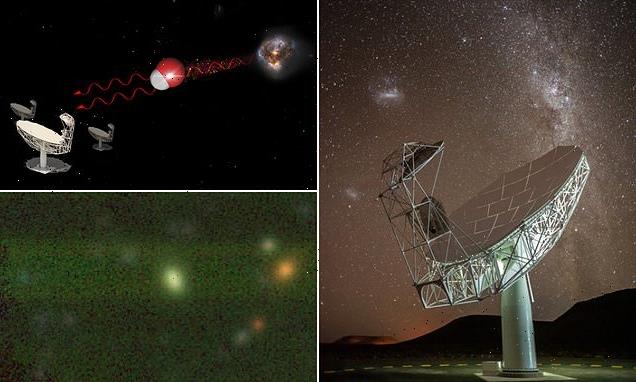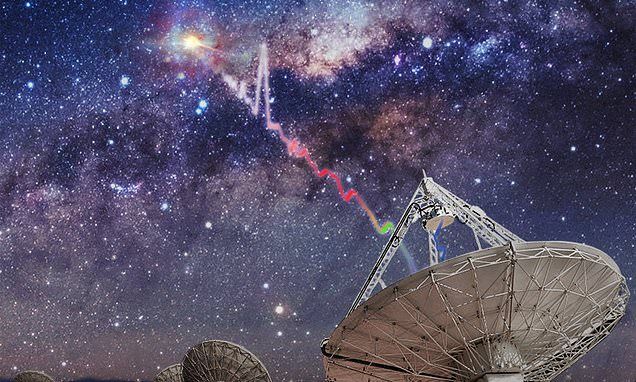How Far Is 5 Billion Light Years Away WEB Jun 3 2016 nbsp 0183 32 Scientists have broken a new astronomical record detecting the faint signal of hydrogen in an extremely distant galaxy located some 5 billion light years away
WEB Apr 4 2023 nbsp 0183 32 In December 2022 astronomers using the Atacama Large Millimeter submillimeter Array ALMA confirmed the discovery of one of the most distant galaxies ever observed The faint radio light ALMA captured began its journey to us when the universe was less than 360 million years old WEB Aug 19 2022 nbsp 0183 32 Our galaxy is 100 000 light years across and Voyager 2 is now just under 18 light hours away from Earth
How Far Is 5 Billion Light Years Away
 How Far Is 5 Billion Light Years Away
How Far Is 5 Billion Light Years Away
https://theshovel.com.au/wp-content/uploads/2022/07/James-Webb-photo-2.jpg
WEB Jul 14 2022 nbsp 0183 32 Astronomers at the Massachusetts Institute of Technology have picked up repetitive radio signals from a galaxy billions of light years from Earth
Templates are pre-designed documents or files that can be used for various functions. They can save time and effort by supplying a ready-made format and design for developing different type of material. Templates can be used for individual or professional tasks, such as resumes, invites, flyers, newsletters, reports, presentations, and more.
How Far Is 5 Billion Light Years Away

Ultramassive Black Holes Discovered Roughly 3 5 Billion Light Years Away

Pew Pew Scientists Have Discovered Record breaking megamasers 5

11 How Much Is A Light Year In Time Hutomo

Experts Detect Galactic space Laser Five Billion Light Years Away

Gravitational Lensing In Galaxy Cluster Abell 370 The Hubble Space

Mysterious Radio Signals Reached Earth From Galaxy 1 5 Billion Light

https://www.forbes.com/sites/startswithabang/2018/...
WEB Feb 23 2018 nbsp 0183 32 Perhaps the objects now could be as far as 27 6 billion light years away assuming their light just reaches us now and they speed away from us at almost the speed of light

https://www.forbes.com/sites/startswithabang/2020/...
WEB Jan 25 2020 nbsp 0183 32 But when that light arrives at the present day the object can be up to twice as far away up to 27 6 billion light years away if it moved away from us arbitrarily close to the speed of

https://www.forbes.com/sites/startswithabang/2019/...
WEB Feb 26 2019 nbsp 0183 32 The answer seems obvious 13 8 billion light years since a light year is the distance light can travel in a year and nothing can go faster than that

https://bigthink.com/starts-with-a-bang/see-back-space-time
WEB Sep 28 2021 nbsp 0183 32 Light arriving from 1 billion years ago corresponds to an object presently 1 036 billion light years away Light arriving from 5 billion years ago corresponds to an object presently 6 087

https://spaceplace.nasa.gov/light-year/en
WEB Aug 1 2024 nbsp 0183 32 For most space objects we use light years to describe their distance A light year is the distance light travels in one Earth year One light year is about 6 trillion miles 9 trillion km That is a 6 with 12 zeros behind it
WEB Jul 12 2022 nbsp 0183 32 I ve seen 13 5 billion light years quoted that seems very close to the age of the universe at about 13 8 billion years JWST should be able to see between 100 and 250 million years WEB Apr 27 2023 nbsp 0183 32 So a light year is 5 88 trillion miles 9 46 trillion km However stars and nebulae not to mention distant galaxies are vastly farther than one light year away
WEB A light year alternatively spelled light year ly or lyr 3 is a unit of length used to express astronomical distances and is equal to exactly 9 460 730 472 580 8 km Scientific notation 9 4607304725808 215 10 12 km which is approximately 5 88 trillion mi